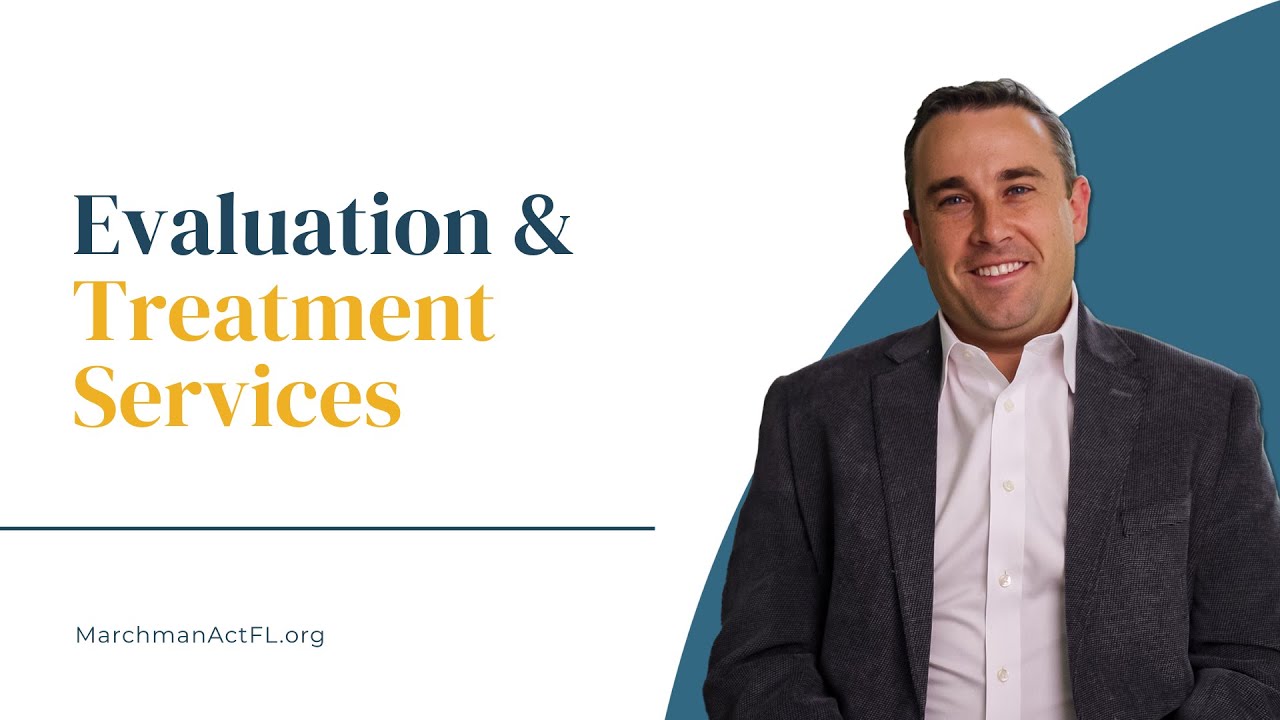
The Initial Assessment and Stabilization Period
When an individual enters treatment through a Marchman Act petition in Florida, they immediately undergo a detailed medical and psychological assessment during an initial stabilization period that typically spans 72 hours to 5 days.
During this crucial phase, healthcare professionals conduct a thorough initial evaluation that includes essential signs monitoring, substance screening, mental health assessment, and evaluation of withdrawal symptoms. Medical staff implement specific stabilization strategies tailored to the individual’s condition, which may include medication-assisted treatment, nutritional support, and round-the-clock monitoring. This period allows clinicians to:
- Establish baseline health metrics
- Identify co-occurring mental health conditions
- Develop a preliminary treatment plan
- Assess the need for ongoing medical intervention
- Determine appropriate level of care
The stabilization period serves as a foundation for creating an effective, individualized treatment approach while ensuring client safety.
Court-Ordered Treatment Plans and Requirements
Following the initial stabilization period, a court-appointed treatment team develops a thorough, legally-binding treatment plan that outlines specific requirements, objectives, and therapeutic interventions for the individual under the Marchman Act.
The court procedures mandate several essential components within these treatment plans:
- Regular substance abuse counseling and therapy sessions
- Mandatory drug testing and monitoring
- Participation in support group meetings
- Medical and psychiatric evaluations as needed
- Progress reporting to the court
Treatment compliance is closely monitored, with consequences for non-adherence clearly defined within the court order. The treatment team must submit regular updates to the court regarding the individual’s progress, adherence to the program requirements, and any recommended modifications to the existing plan. These structured requirements guarantee accountability while providing the necessary framework for successful recovery and rehabilitation.
Monitoring Progress and Treatment Extensions
Throughout the mandated treatment period, clinical professionals meticulously track the individual’s progress through thorough assessments, behavioral observations, and recorded milestones to determine the effectiveness of the current intervention strategy.
When progress tracking indicates insufficient improvement, treatment adjustments may be necessary, and clinicians can petition the court for treatment extensions beyond the initial period. These extensions, typically granted in 60-day increments, require substantial documentation demonstrating the medical necessity for continued care. The treatment team must provide detailed reports outlining:
- Current response to therapeutic interventions
- Specific areas requiring additional treatment
- Measurable goals for the extended period
- Risk assessment for premature discharge
- Updated treatment protocols and modifications
The court carefully reviews these elements before determining whether to approve the extension request.



